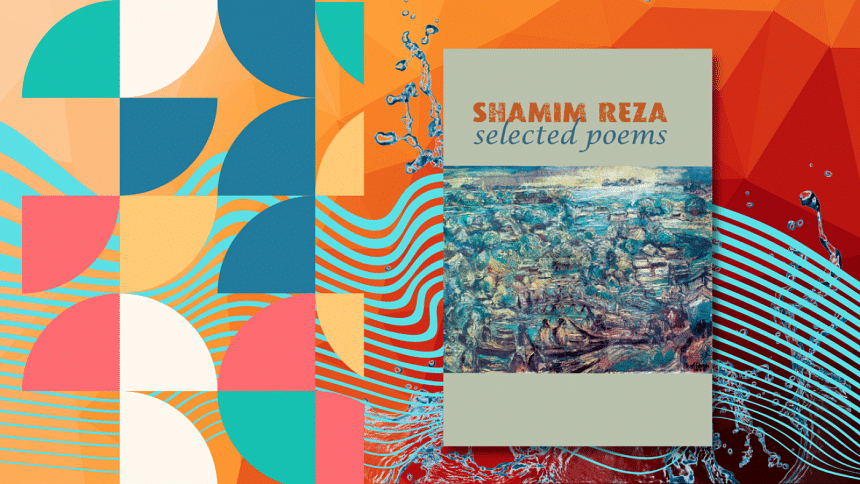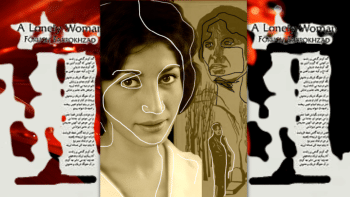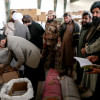Shamim Reza creates new frontiers with his new poetry collection

We live in a world of incredible noise. Here in Dhaka, especially, our days and nights are blanketed in layers of noise that pierce through solitude, contemplation, and peace. To find silence here is bliss, a breath of air for those of us who are drowning in the newness of the world. Such silence is what I discovered in Selected Poems by Shamim Reza, translated from the Bangla by Dulal Al Monsur and Mahbub Sidduqee.
Dr Shamim Reza is a poet, and the founding director and professor of the Bangabandhu Institute of Comparative Literature and Culture, Jahangirnagar University. Over the last 30 years, he has received multiple national and international literary awards for his work. He is, currently, the vice-president of PEN International, Bangladesh chapter.
The cover artwork in his new book features SM Sultan's Crossing (1953), and the book cover is where this journey begins. A river, chaotic and wild, is flooded by an entire population desperate to cross over. There is not an inch of this artwork that does not contain some form of restlessness—except the sky. Calm, serene, and benevolent, the sky cares little for the human condition. It simply observes, safe in its enormity. This image felt indicative of what Professor Reza's book contains—the ability to make us sit back, in a world where "the hustle" is all that matters, and breathe through verse.
Poetry is one of those few surviving instances of art which demands time, which commands you to cast off the clutter and haze of modern life and just reflect. When Professor Reza writes, in Part 3, 'Night and the Himalayas', of "Observances"—
Night, can your earth-scientists tell
How much earth and stones it takes for a
Himalaya to be formed?
—it truly feels like the cool breeze gentling this unquiet city. For a single, dazzling moment, you are transported far from the pressure, demand, noise and cacophony of modernity, and returned to the coolness of earth, the soft light of starlight and the magic of seeing the enormity of the Himalayas rise before you. No longer does the weight of the world rest on your shoulders. You are faced with the power and authority of nature, and you are made comfortingly insignificant, like a small child made safe in her mother's embrace.
In his Preface to the book, John Fardon writes, "Nature is embedded in [Professor Reza's] poetry, but it is not merely descriptive, but creates a mysterious, romantic, almost magical connection." These words ring perfectly and beautifully true, as Professor Reza takes the reader in what feels like an odyssey of sensation. From the rivers and fields that make up this land, to Lalon and his music haunting the shadows of trees, love won and lost, the divine and infinite variety of pain and victory, from identity and desire, from the love of mothers to the love of nature, there is little that is said and a lot that is felt in this single volume.
There are too many verses of wonder in this book of poetry to be quoted, far too much beauty to fall in love with in a single day. Meaning abounds, but emotions reign here, and there is space to love and live and breathe. Poetry is never about meanings. Poetry is about feelings, and how a poem makes one feel is the measure of that poem's worth. If that is true, then this is a literary dragon's hoard, and it is beyond priceless.
Sarazeen Saif Ahana is an adjunct faculty member at Independent University, Bangladesh (IUB), where she teaches English and dreams in verse.

 For all latest news, follow The Daily Star's Google News channel.
For all latest news, follow The Daily Star's Google News channel. 











Comments